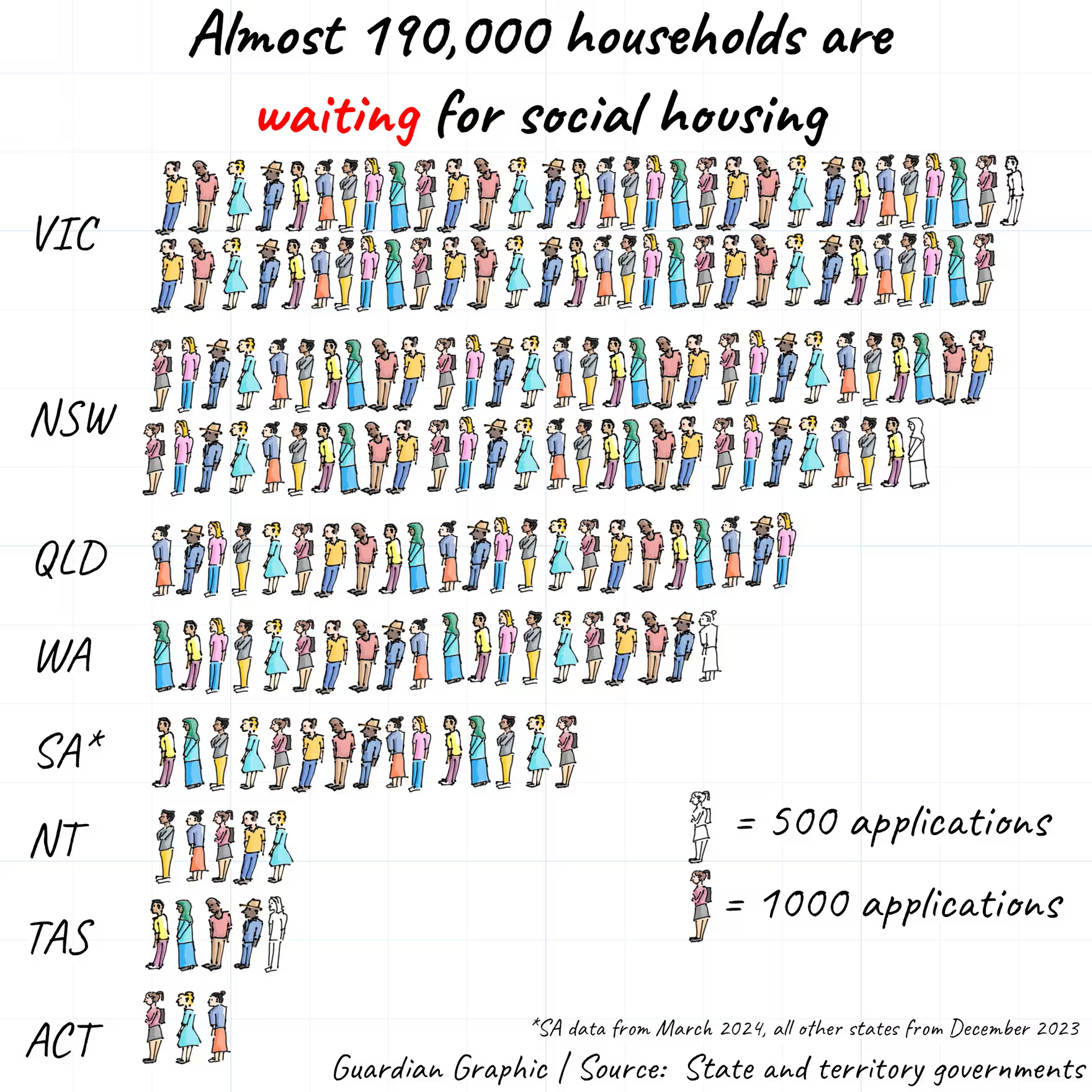Feb 16th 2022, Nigerians woke to headline news “African fintech Flutterwave triples valuation to over $3Billion after $250M Series D”. Our very own homegrown “unicorn” had crossed a major milestone reserved for the most prestigious of firms in the world.
A key element to the success of this tech startup firm and indeed what investors are banking on, is the ability to tap into the vast and growing African population.
According to OECD Africa Urbanization Dynamics 2020 report, by 2050, Africa will have the fastest urban growth rate resulting in an increase in its urban population by an additional 950 million people.
This rapid urbanization spells opportunity for all tech startups operating in various sectors including the real estate and construction industry. Already, the Africa construction market is experiencing this growth and is projected to grow by 6.4% between 2019-2024 according to Mordor Intelligence, driven purely by an increased demand due to this urbanization trend.
PropTech companies operating in the real estate and construction industry are poised to take advantage of this rise in demand. According to Statista, a global data platform, Global PropTech investments have increased from $2bn in 2013 to $18bn in 2018.
Technology is being used to improve efficiency across the entire real estate value chain – from improved documentation processing, developer and development validation, to the establishment of land registries.
Players such as Digital Rental and Instant Property are using technology to match clients to residential and commercial landlords and estate agents whereas others such as Nigeria’s RealVest and South Africa’s CrowdProp provide innovative platforms for people to invest into property.
As of December 1st 2020, there were 13 funding rounds in Proptech in Africa totaling $7.59 million USD – in spite of the covid pandemic.
Making headways in this Proptech space is Seso Global who are looking to launch a revolutionary product in the mortgage and mortgage lending space.
Seso Global is Africa’s property Super App and offers a unique one-stop-shop for digital real estate transactions. Seso’s Marketplace serves as the backbone for all stakeholders in property transaction, including buyers, developers, lawyers, banks and the government.
Through its unique ecosystem of services, buyers gain access to trusted properties and professional service providers.
Seso has its eyes now set on making an impact in the African mortgage market by making mortgages more accessible, and then ultimately more affordable in the Ghanaian and Nigerian markets.
African mortgage markets are still in their infancy, making up less than 1% of GDP compared to their counterparts in the West. Accounting for this disparity is the systematic weaknesses of the current mortgage value chain.
The key rungs in the chain are the product (housing), clients, processing, enforcement and then the banks. The current weaknesses in each of these rungs is why banks are first of all reluctant to participate in mortgages, and why when they do provide mortgages, they charge high interests’ rates to protect themselves from the inherent risks.
To briefly summarize the weaknesses, first there are some challenges with the credibility of land documentation due to multiple land tenure systems that often run parallel to each other, and other issues such as land litigation and multiple sale of the same land.
This affects the credit-worthiness of properties available. Additionally, there is a lack of mortgage worthy housing products, or more specifically a lack of means to validate mortgage worthy products according to international industry standards.
Next, a similar issue exists in the client validation or credit worthiness process. Finally, in Nigeria and arguably most of Africa, the current mortgage documentation and approval process isn’t streamlined or standardized.
Each organization sets up its own criteria for documentation, approval and timing. This inconsistency results in a lack of transparency and trust in the current system, at least from the potential client’s point of view. The final issue is enforcement, this time from the bank’s perspective.
Current laws are mostly tenant friendly making it difficult for banks to feel assured that they will be protected in cases of compliance failure from clients and enforcement from authorities. In addition, in situations where they do succeed, the weak property validation process means that there is a strong likelihood that the assets the banks are left with would have lost value – starting the whole value chain issue again and the resulting high interest rates banks require to cover their risk.
Coming into this mix is Seso with an innovative diaspora mortgage product designed to tackle the first challenge – accessibility of mortgages, by addressing issues in some of the key rungs in the value chain mentioned above. The Seso Marketplace is designed to validate mortgage worthy housing products, including conducting the necessary due diligence through relevant service providers.
Next, they seek to match these housing products to diaspora clients who are deemed credit worthy by international standards (US/UK mortgage verification processing), and hence can then attain financing from local banks.
According to Seso Africa group CEO Daniel Bloch, “our diaspora mortgage will allow efficient credit scoring of clients and speedy approvals. Our emortgage registration portal will allow for faster applications and approvals to assist clients to track the process.”
Seso’s Mortgage Product launching this month is first of its kind. Currently focusing on the Ghana market, the products targets both Ghanian and non-Ghanian clients living in the US, UK, Canada, EU and Nigeria who want to utilize this product as long-term financing or a bridge loan.
Seso has recently completed their first pilot transaction with an African American client by taking advantage of the growing demand and interest in Ghana from African Americans. “The product will be first launched in Ghana with Nigeria shortly following this year. We will then look to expand with our lending partners to other markets based on demand for the product” stated Seso’s Chief Commercial Officer Kweku Essien.
The terms from the first product to be offered are currently quite steep making affordability still an outstanding issue. At deposit requirements of 30% for Ghanaians and 50% for non-Ghanaians, 13.5% interest, 0.25% early repayment penalty and a 15-year tenor, this product is limited in its current reach. Ultimately, the improvement in this pricing will need to come from the banking industry, and if not, hopefully by fintech players.
Nonetheless Seso should be applauded in its efforts to be innovative and address one of the two key issues facing the African mortgage market, accessibility.
As more and more mortgages are successfully executed, the expectation will be to see an improvement in mortgage loan accessibility and processing. Such process improvement typically leads to greater transparency which positively impacts risks assessments of the value chain by the banks resulting in lower interest rates and improved terms; hence making mortgages both more accessible and more affordable. It’s a space worth watching.
Source : Business Day
























![Green Building Materials Market Trends [2023-2030]](https://housingcable.ng/wp-content/uploads/2022/04/csrgreen-building_Cisco_04222022-218x150.png)








